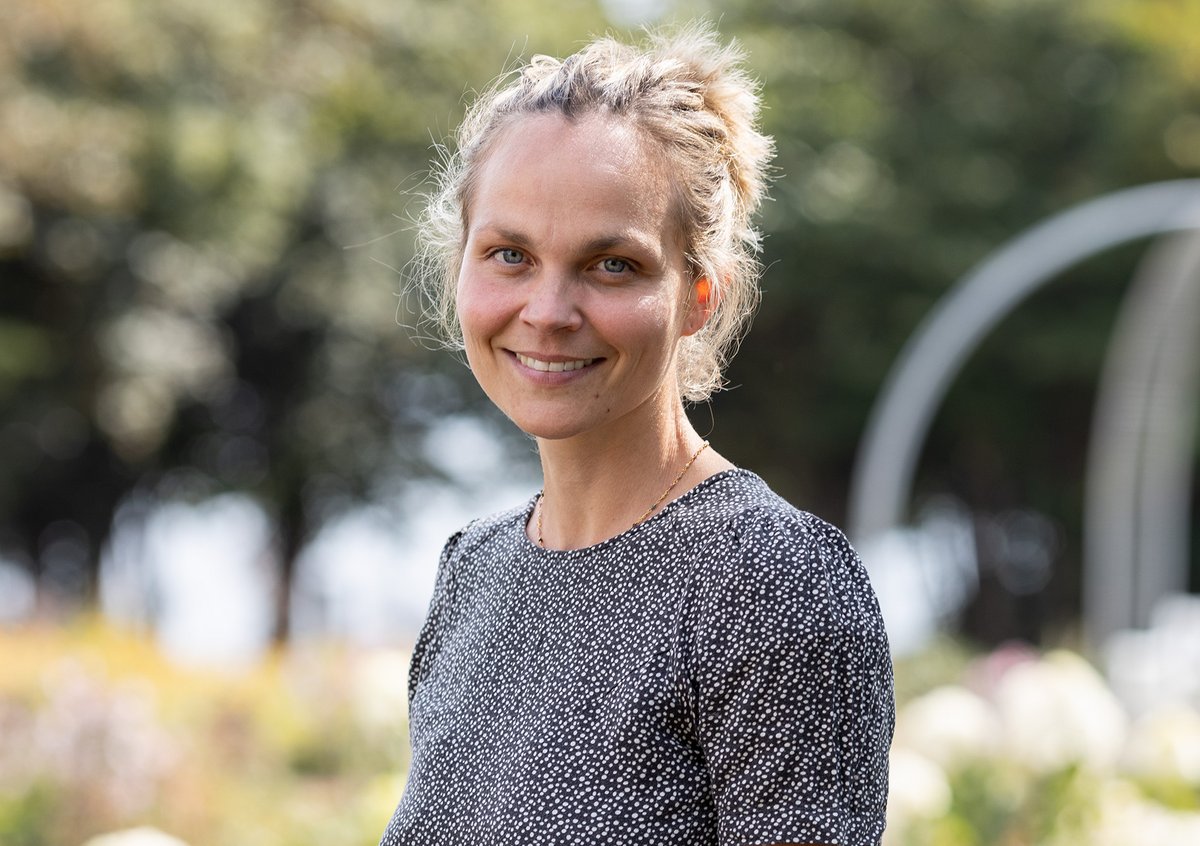Regitse Højgaard Christensen - Postdoctoral Fellowship 2021
Project summary:
Inhibiting IL-6 signaling may increase cardiovascular risk in rheumatoid arthritis
Antibody-based therapies targeting inflammatory cytokines e.g. TNFα (tumor necrosis factor) or IL-6 (interleukin 6) are used to treat rheumatoid arthritis (RA). While TNFα inhibitors have been associated with a lower CVD risk, antibodies targeting IL-6 signaling have not, which may be due to metabolic beneficial roles of IL-6 signaling including regulation of fat metabolism and cardiac physiology following exercise. In this project we hypothesize that IL-6 inhibition compared to TNFα inhibitors abolishes exercise effects and increases CVD risk in RA.
Project Title
Cardiovascular risk and cardiometabolic exercise effects in rheumatoid arthritis patients receiving interleukin-6 vs. tumor necrosis factor antibody therapy.
Background
Patients with rheumatoid arthritis (RA) have a 2-5-fold increased risk of cardiovascular disease (CVD). Antibody-based therapies are used to treat RA. While TNFα inhibitors (TNFi) have been associated with a lower cardiovascular (CVD) risk, antibodies targeting the interleukin-6 (IL-6) signaling pathway have not. This may be due to the metabolic beneficial roles of active IL-6 signaling, where recent evidence points to an important role of IL-6 signaling in the stimulation of fat loss following exercise training and physiological cardiac adaptations to exercise. Importantly, these exercise-associated IL-6 effects are independent of TNFα.
Aim
In this project we investigate whether IL-6 inhibition abolishes exercise effects and translates into an increased CVD risk aggravating cardiovascular morbidity and mortality more than other biological antibody-based therapies (e.g. TNFi) in RA patients. This is important to clarify to guide the selection of personalized antibody-based therapy in RA to reduce CVD burden and maintain exercise effects in a population, which is intrinsically at risk of CVD due to their inflammatory disease.
Methods
We will use both epidemiological methodologies evaluating cardiovascular disease on prospective cohort data of RA patients, and conduct a clinical randomized exercise trial on RA patients receiving TNFi or IL-6 inhibitors. Magnetic resonance imaging, echocardiography, and maximal aerobic capacity (VO2max) tests will be performed to evaluate change in cardiorespiratory fitness, visceral fat mass and cardiac structure, physiology, and metabolism.

Regitse Højgaard Christensen
- MD and PhD
- Rigshospitalet, Center for Physical Activity Research
Main supervisor:
Bente Klarlund Pedersen, Professor, DMSc, Center for Physical Activity Research, Rigshospitalet
Co-supervisor:
Søren Jacobsen, Professor, DMSc, Copenhagen Lupus and Vasculitis Clinic, Department of Rheumatology, Rigshospitalet
Peter Godsk Jørgensen, MD, PhD, Herlev and Gentofte Hospital, Department of Cardiology
Partners:
- Simon Jønck, MD, Center for Physical Activity Research, Rigshospitalet
- Malte Lund Adamsen, MD, Center for Physical Activity Research, Rigshospitalet
- Pil Højgaard, MD, PhD, Department of Rheumatology, Holbæk Sygehus
- Morten Lund, MD, Department of Cardiology, Rigshospitalet
- Niels Vejlstrup, MD, PhD, Department of Cardiology, Rigshospitalet
- Lars Køber, MD, DMSc, Department of Cardiology, Rigshospitalet